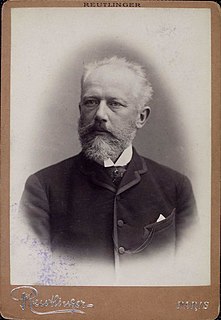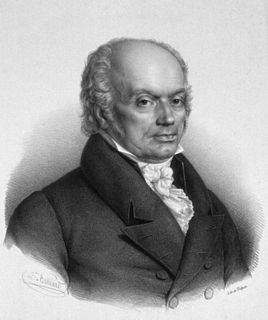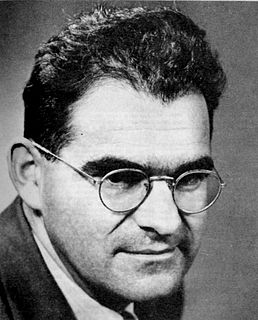A Quote by Susumu Tonegawa
Independent of what is happening around you in the outside world, humans constantly have internal activity in the brain.
Quote Topics
Related Quotes
Is it better to work out consciously and critically one's own conception of the world and thus, in connection with the labours of one's own brain, choose one's sphere of activity, take an active part in the creation of the history of the world, be one's own guide, refusing to accept passively and supinely from outside the moulding of one' own personality?
What the activity of this disposition of ours means in the evolution of the world, we do not know. Nor can we regulate this activity from outside; we must leave entirely to each individual
its shaping and its extension. From every point of view, then, world- and life-affirmation and ethics are non-rational, and we must have the courage to admit it.
The fate of the physiology of the brain is independent of the truth and falsity of my assertions relative to the laws of the organization of the nervous system, in general, and of the brain in particular, just as the knowledge of the functions of a sense is independent of the knowledge of the structure of its apparatus.
To create worry humans elongate fear with anticipation and memory, expand it in imagination and fuel it with emotion. The uniquely human mental process called worrying depends upon having a brain that can reason, remember, reflect, feel, and imagine. Only humans have a brain big enough to do this simultaneously and do it well.





































